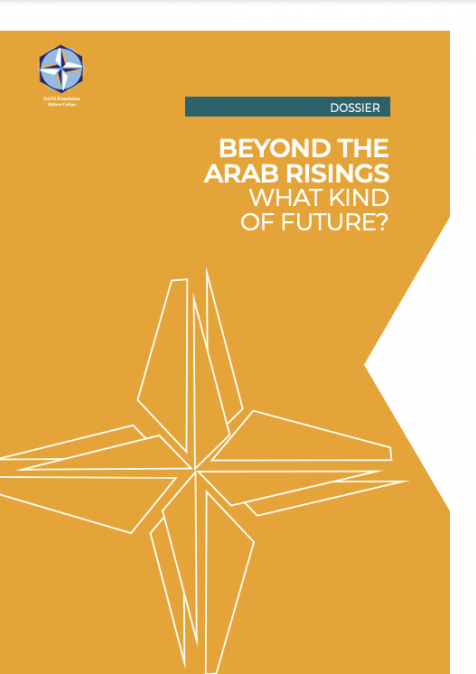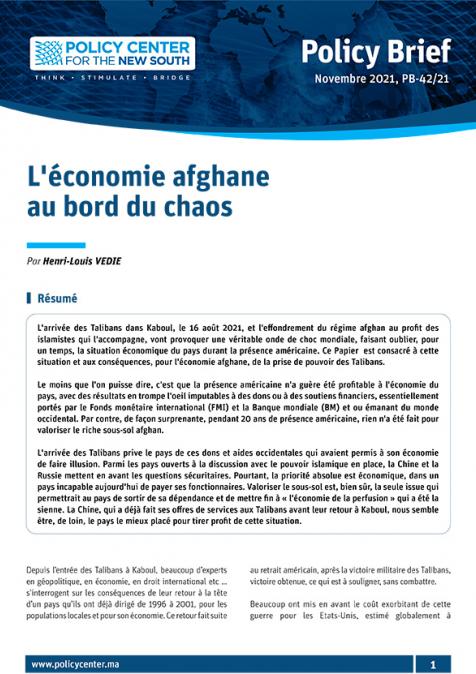Podcasts
Trapped in the middle: A talk on MENA’s economic challenges
High unemployment rates, particularly among the urban and educated youth, low accumulation of human capital, and a weak private sector leading to low growth levels have been the key features of the MENA region's economy. Dr. Mustapha Kamel Nabli, former governor of the Tunisian Central Bank and current president of the North Africa Bureau of Economic Studies, unpacks these factors that have been affecting the MENA region in the last decades.








